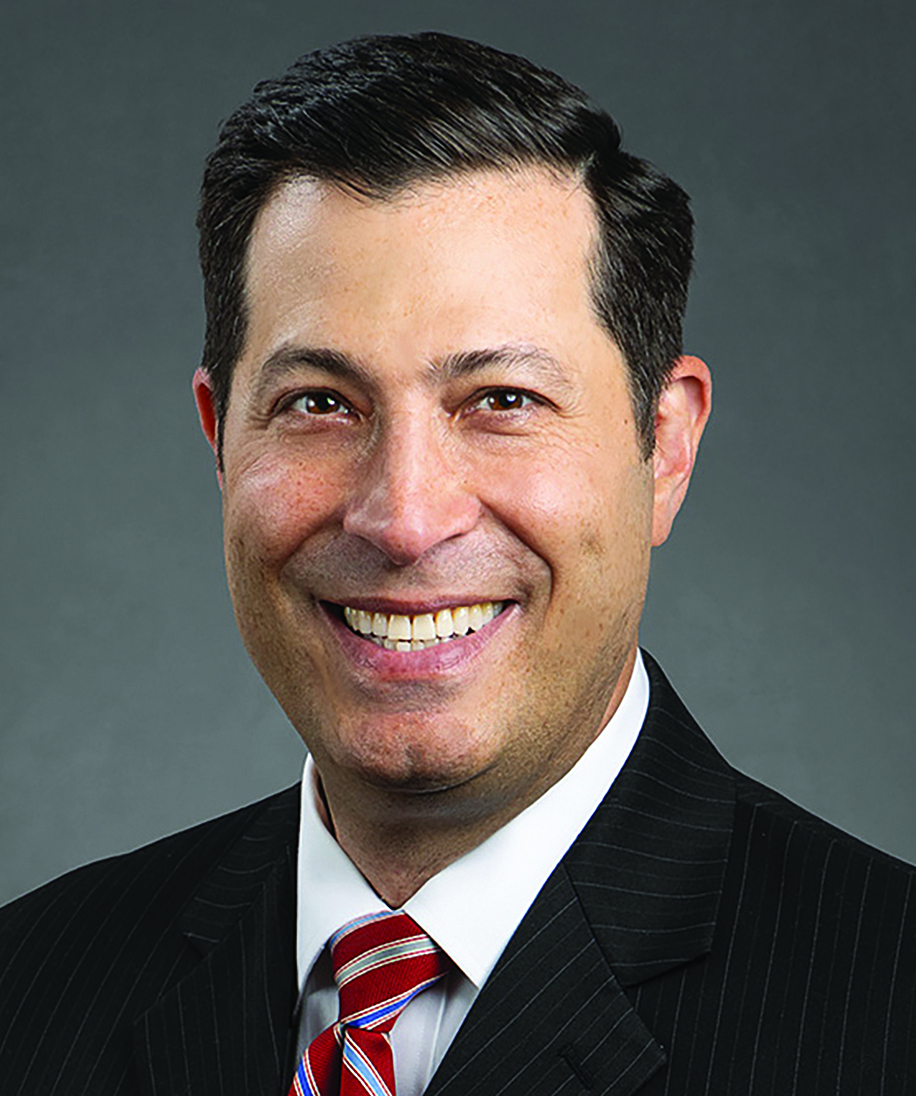Client Alert
Governor Signs New York State Pay Disclosure Bill Into Law
December 22, 2022
By Emily R. Pidot, Kenneth W. Gage, Sara B. Tomezsko & Ryan Gribbin-Burket
On December 21, 2022, Governor Hochul signed New York Senate Bill 9427A into law, which is similar to the New York City Pay Transparency Law that went into effect on November 1, 2022. The state law imposes additional pay transparency and recordkeeping obligations on employers who do business in New York State.
When does the pay disclosure law go into effect?
The law will take effect on September 17, 2023.
Who is covered?
The new law applies to all employers with four or more employees, any person or entity acting as an employment agent or recruiter, or any person, corporation, limited liability company, association or other entity that “otherwise connect[s] applicants with employers.” Temporary help firms (companies that recruit and hire their own workers and assign those employees to work at other organizations) are excluded from coverage.
What does the law require?
The new law requires all advertisements for jobs, promotions, or transfer opportunities to include the compensation or range of compensation for the position. “Range of compensation” means the minimum and maximum annual salary or hourly rate which the employer believes in good faith is accurate at the time of posting. For positions paid solely on commission, covered employers need only disclose in writing that compensation is commission-based. Like the City law, the State law covers jobs, promotions, and transfer opportunities “that can or will be performed, at least in part, in the state of New York.”
An express anti-retaliation provision also prohibits employers from refusing to interview, hire, promote, employ, or otherwise retaliate against an applicant or current employee for exercising their rights under this law.
Are there additional obligations beyond those required by the City law?
Yes. The State law differs from the City law in two key respects:
- Covered employers will also be required to post the “job description” for the job, promotion, or transfer opportunity, if one exists. There is no such requirement in the City law, and what constitutes a “job description” remains an open question. The plain language of the law suggests that employers need not create a job description to comply with this requirement if one does not already exist.
- The law also includes recordkeeping requirements not found in the City law. Covered employers must keep and maintain records necessary to demonstrate compliance including, but not limited to, the history of the compensation ranges for each job, promotion, or transfer opportunity, and the job description if one exists.
What are the penalties?
Any person aggrieved by a violation of the statute can file a complaint with the New York Commissioner of Labor. Employers may be assessed penalties of up to $1,000 for a first violation, $2,000 for a second violation, and $3,000 for any subsequent violation. There is no private right of action.
What are the next steps?
The law directs the Commissioner of Labor to promulgate rules and regulations. We expect that these forthcoming regulations will address topics covered in guidance issued by New York City Commission on Human Rights about the City law, including:
- what it means to “advertise” a job
- whether employers who hire without posting a job opening must modify that practice to comply with the disclosure requirement
- confirming that the statute is intended to cover openings for positions that can be performed remotely
We will continue to closely monitor this legislation and update this alert accordingly.
Contributors




